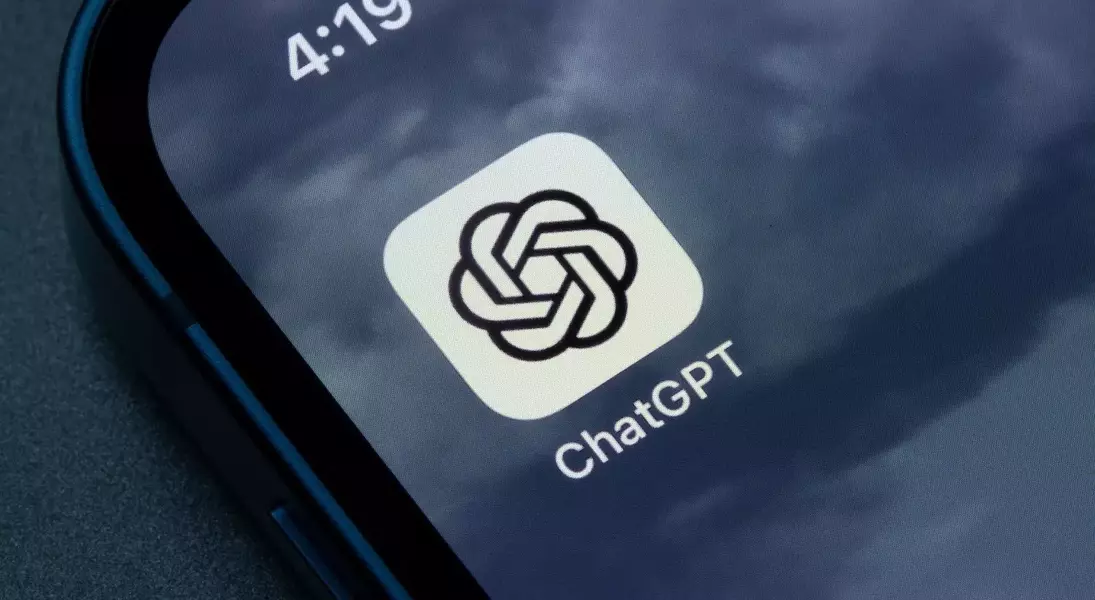
In a world increasingly dominated by artificial intelligence, a recent study has uncovered a troubling trend. Researchers from Microsoft and Carnegie Mellon University have found that over-reliance on AI tools may be eroding human critical thinking abilities. The study, which involved 319 knowledge workers, revealed that as employees place more trust in AI for completing tasks, they tend to engage less with their own problem-solving skills. This reliance can lead to diminished independent thinking and a potential long-term impact on professional capabilities.
The Study Unveiled: Key Insights and Findings
In the vibrant academic landscape of today, researchers embarked on an exploration into the effects of AI on workplace performance. Conducted during a period of rapid technological advancement, this investigation delved into how professionals interact with AI tools in their daily routines. Participants were asked to reflect on their experiences using these tools, evaluating both the AI’s effectiveness and their own competencies.
The results painted a clear picture: when workers felt confident in the AI’s ability to handle tasks, especially those deemed less critical, they were more likely to reduce their own involvement. This phenomenon, termed “perceived enaction of critical thinking,” suggests that individuals may unknowingly allow their cognitive muscles to atrophy. Conversely, when faced with more challenging tasks or when confidence in AI was lower, workers engaged more deeply with their own critical thinking processes, often leading to better evaluations and improvements on AI-generated outputs.
Another significant discovery was the homogeneity of outcomes produced by users relying on AI. Compared to those who did not use such tools, participants generated fewer varied solutions. This finding underscores the limitations of AI tools, which are constrained by their training data, thus potentially stifling creativity and diversity in problem-solving approaches.
From a journalist's perspective, this study serves as a cautionary tale. While AI undoubtedly offers efficiency gains, it also poses a risk to the very essence of human intellect. As we continue to integrate these technologies into our work environments, it is crucial to strike a balance between leveraging AI's strengths and preserving our innate capacity for independent thought. The challenge lies in ensuring that technology enhances rather than diminishes our critical thinking abilities, ultimately fostering a future where humans and machines coexist harmoniously.
